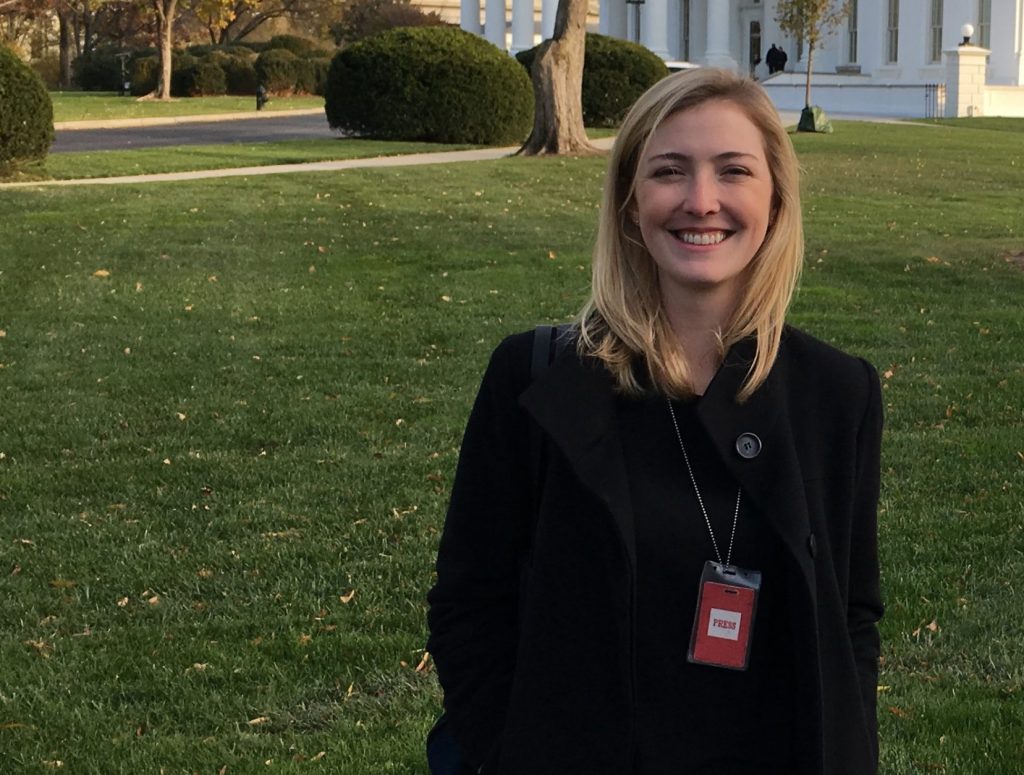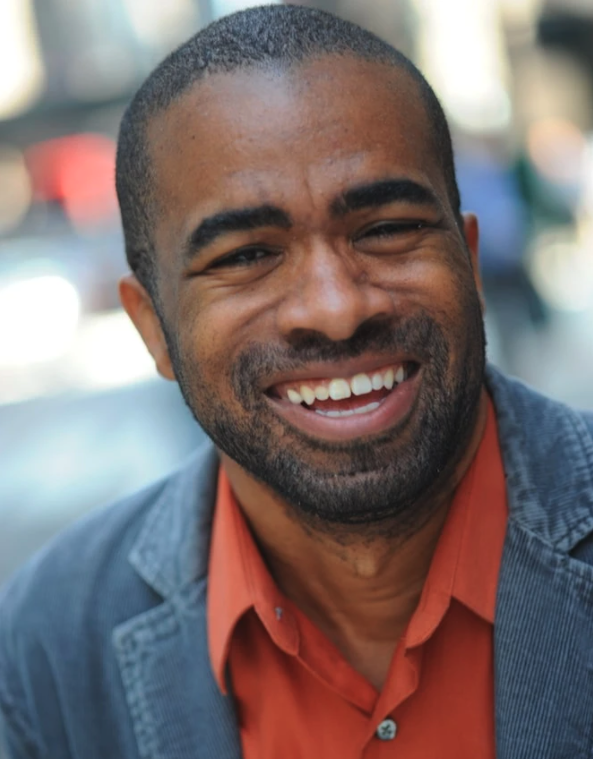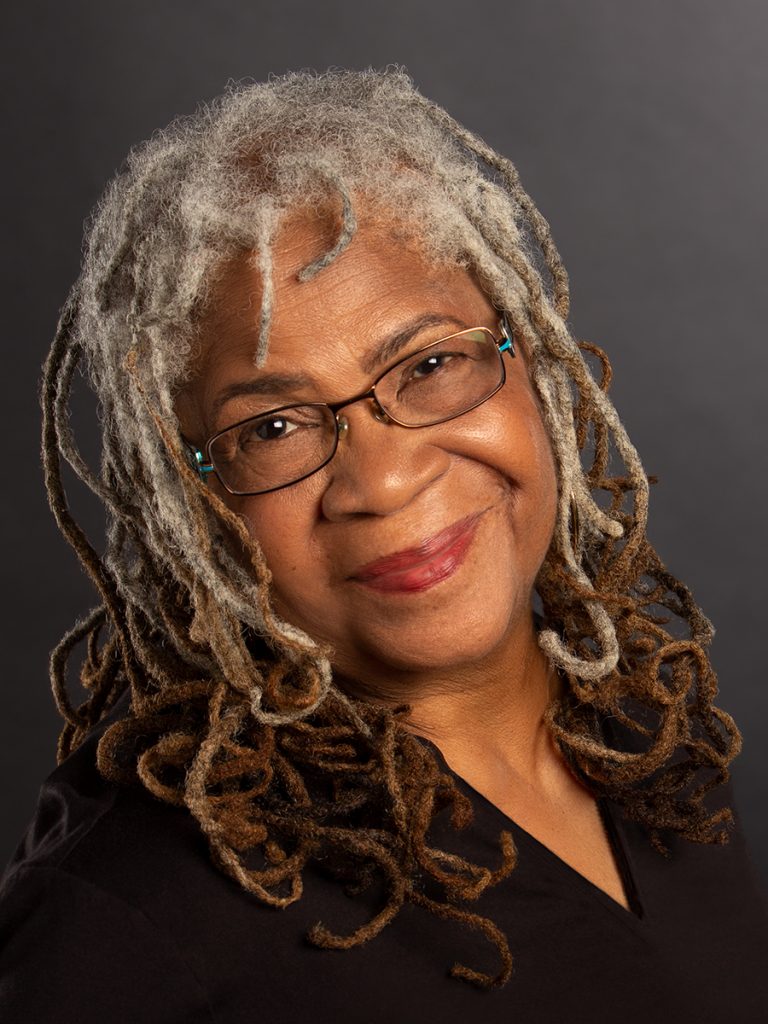By Brendan O’Meara
Become a Patron!Watching “Chopped” several years ago, I remember one young chef talk about his time coming up in the kitchen. He obviously had skill. He was on Chopped.
But I suspect like most prestigious schools and the entitlement that comes with having graduated with what amounts to a worthless piece of paper, there’s a tendency even in the chef ranks to think you’re above a certain task.
Not this guy. I wish I knew his name.
In one of his testimonials, and I’m paraphrasing, he said, “If there was a pile of onions I had to chop, I was going to be the best damn chopper of onions.”
Man, I loved that sentiment. He wasn’t “above” cutting onions. How many thousands of onions had he chopped to that point? This was a job the dishwasher could do in a pinch. Here’s a trained chef being put on onion duty and he embraced it. The mundanity of chopping hundreds of onions in a shift, hunched over a pile, trying to make them as uniform slices and dices as possible, no doubt eyes burning the entire time.
In our work, no matter our experience, our privilege, our education, how can we embrace chopping onions? How can we get lost in the most banal of tasks that have overreaching implications?
He wasn’t really chopping onions. He was become more skilled with his knife. In the meditative trance of cutting onions, he was writing recipes. He was dreaming. He was developing rigor.
Again, he wasn’t really chopping onions. Not the winners, not the people seeking to make change, anyway.


